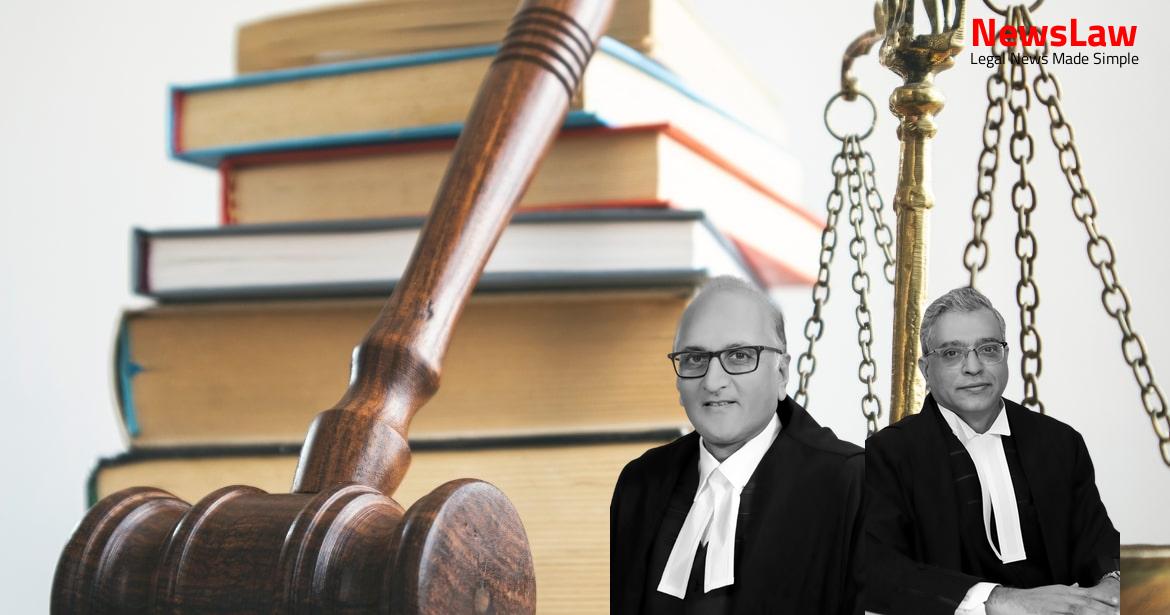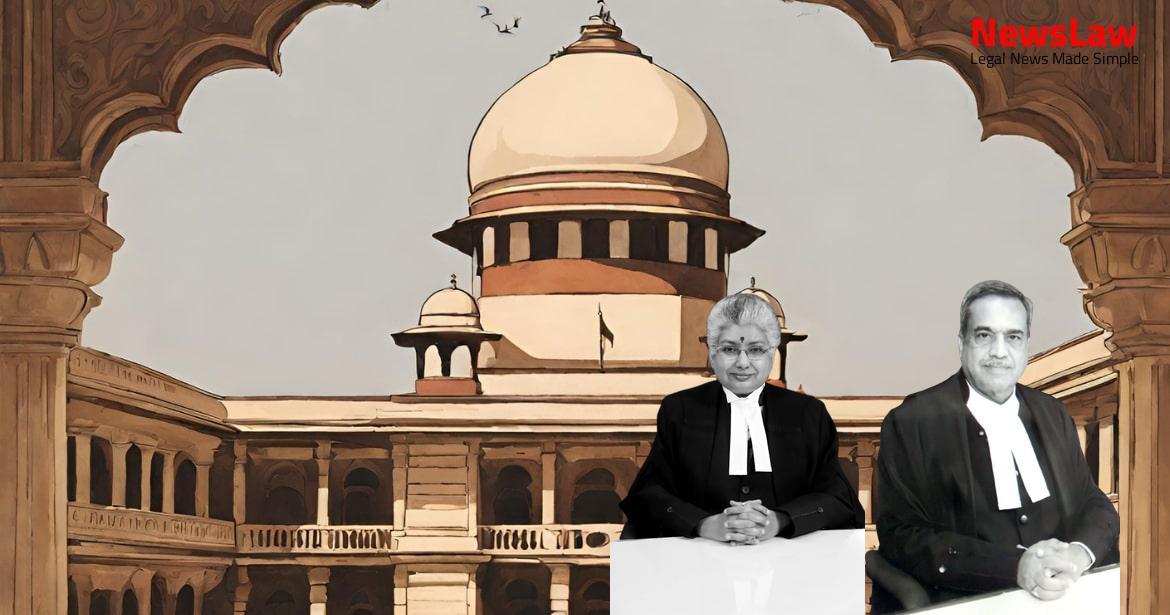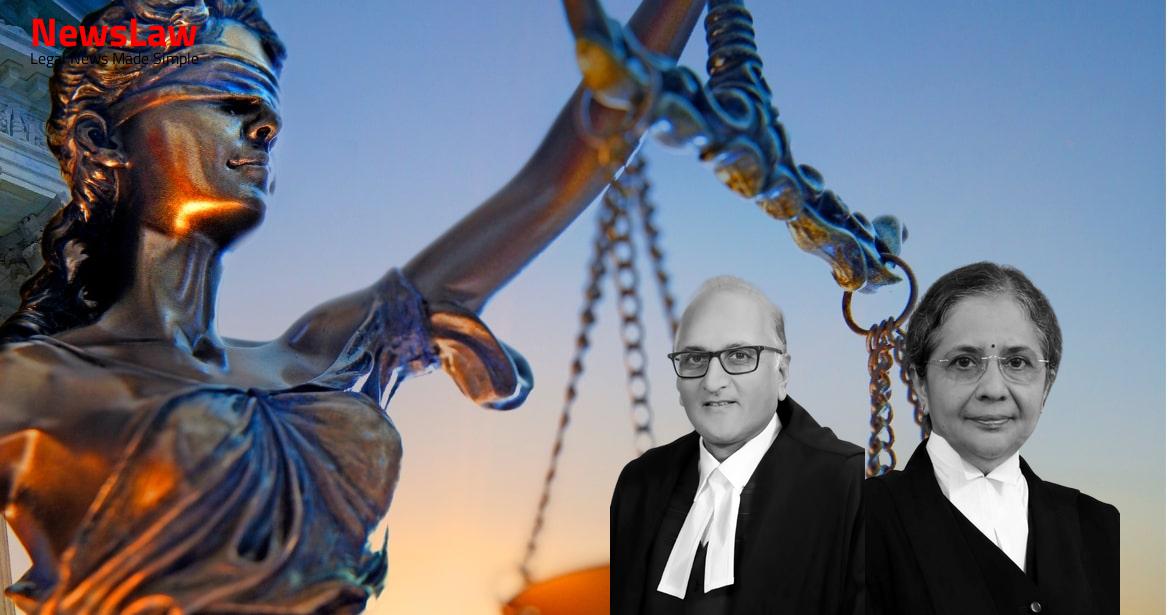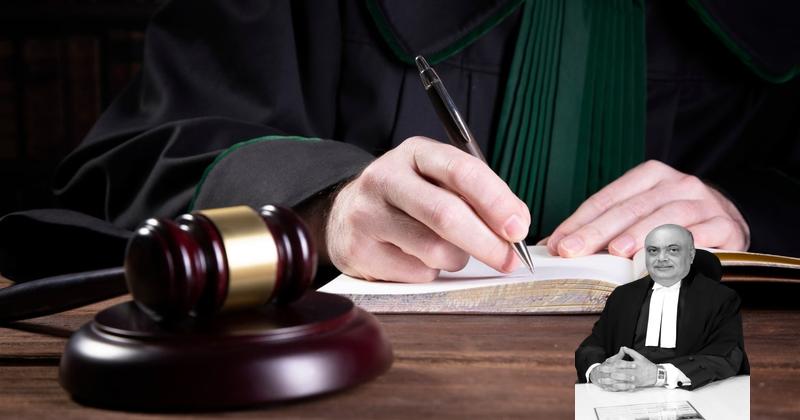Facts
- The State filed Criminal Appeal No.546 of 2012 in the High Court against the acquittal of the appellants by the Trial Court.
- The High Court allowed the appeal and imposed a sentence on the appellant.
- The appellant is now appealing to the Supreme Court under Section 379 of the Code of Criminal Procedure, 1973 and Section 2(A) of the Supreme Court (Enlargement of Criminal Appellate Jurisdiction) Act, 1970.
- The appeal is against the High Court’s judgment that reversed the Trial Court’s acquittal and imposed a sentence of ten years of rigorous imprisonment and a fine of Rs.1,00,000 for the offence under Section 20 of the NDPS Act.
- The I.O. filled in the NCB-I form in triplicate.
- The prosecution relied on the testimonies of PW7 and PW8.
- The accused tried to run away when spotted by the police party.
- The FSL report did not conclusively show the resin was from a cannabis plant.
- The charas weighed 1.5 kgs and was found in a red bag with the word ‘COASTER’.
- The evidence pointed out discrepancies in the prosecution’s case.
- The charas was repacked in the same bag and sealed for evidence.
- The case property was sent to FSL, Junga for further examination.
Also Read: Electoral Malpractices in Mayor Election
Arguments
- In this appeal, arguments were heard from both the petitioners and the State.
- It is essential for the appellate court to address the reasons behind the acquittal by the Trial Court when considering an appeal against it.
- The principle of presumption of innocence is further strengthened in cases of acquittal by the Trial Court.
Also Read: Balancing Power and Transparency: Electoral Bonds Struck Down, Disclosure Mandated
Analysis
- The High Court proceeded to consider the evidence on record without considering the reasons that had weighed with the Trial Court.
- The appellate court can only reappraise the evidence and arrive at its own conclusions if it holds, for reasons to be recorded, that the order of acquittal cannot be sustained.
- The exhibits PW8/B, PW8/C, PW8/D, and PW8/E, which are arrest memos, did not reflect any option given to the accused before their personal search.
- Non-compliance of affording an option before the personal search was one of the reasons for the Trial Court to disbelieve the prosecution’s case.
- The Trial Court’s assessment on facts was considered correct in the totality of circumstances and did not require interference by the High Court.
- The judgement and order passed by the High Court were set aside, and the order of acquittal recorded by the Trial Court was restored.
- The fine paid by the appellants, if any, was to be returned to them.
- The appellants were to be set at liberty forthwith unless their custody was required for any other crime.
- The High Court made an independent reappraisal of the evidence instead of considering the trial court’s reasons.
- It was emphasized that if two views are possible from the evidence on record, the appellate court must be slow in interfering with an appeal against acquittal.
- Appellate court must determine if trial court’s findings are palpably wrong, manifestly erroneous, or demonstrably unsustainable before interfering with an order of acquittal
- Appellate court should not disturb an order of acquittal unless it concludes that the trial court’s approach to the evidence was illegal or the conclusions reached were wholly untenable
- The High Court’s approach in the appeal must focus on whether the reasons for the trial court’s acquittal were proper or not
Also Read: Recall of Resolution Plan Approval: Legal Analysis
Case Title: SANJEEV Vs. THE STATE OF HIMACHAL PRADESH (2022 INSC 281)
Case Number: Crl.A. No.-000870-000870 / 2016



